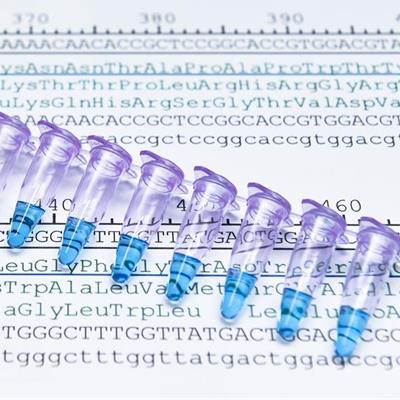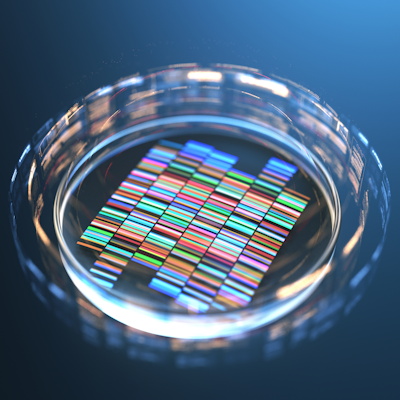February 10, 2023 -- Curio Bioscience on Wednesday emerged from stealth mode, saying it has commenced commercial operations with the launch of Curio Seeker, a high-resolution, whole-transcriptome spatial mapping kit.
Leveraging the Slide-seq technique that its academic co-founders created at the Broad Institute of MIT and Harvard, Curio Seeker enables laboratories to generate whole-transcriptome spatial data from tissue samples in an easy-to-use workflow, the firm said.
"We have known for years that the spatial mapping of tissue has the potential to accelerate novel discoveries and advance our understanding of human biology," Steve Fodor, co-founder and CEO of Curio Bioscience, said in a statement.
Curio Seeker enables life science researchers to access high-resolution transcriptomics information in their organism of choice, he said, adding, "We believe that Curio Seeker will take discovery beyond what is possible with current single-cell sequencing approaches and establish a new industry standard for spatial transcriptomics."
Curio's academic co-founders are Dr. Evan Macosko, associate professor of psychiatry at Massachusetts General Hospital and an institute member at the Broad; Dr. Fei Chen, assistant professor at the Harvard Department of Stem Cell and Regenerative Biology and a core institute member at the Broad; and Dr. Samuel Rodriques, group leader at the Francis Crick Institute.
"Until now, researchers considering spatial genomics tools have had to choose between unbiased methods that provide high transcriptomic coverage at the cost of resolution, or targeted methods that provide high resolution data across only a subset of targets," Macosko said. "The novel and validated technique on which Curio Seeker is based allows researchers to use existing sequencing instrumentation to generate unbiased, high-resolution spatial transcriptomics data across many tissue types and species, unlocking new avenues for basic scientific discovery."
Curio Seeker provides the ability to generate tissue images by molecularly profiling cells in their spatial location using standard next generation sequencers (NGS). Researchers can capture and map where RNA molecules are in the tissue to better understand the relationship between cells and their native environment, the firm said.
Curio Seeker provides a baseline for studying developmental biology, the immunological response to cancer, and the discovery of molecular signatures that predict disease progression or treatment response.
It is the first in a suite of products that the company is developing which enables high-resolution discovery using existing sequencing instrumentation.
Copyright © 2023 scienceboard.net










